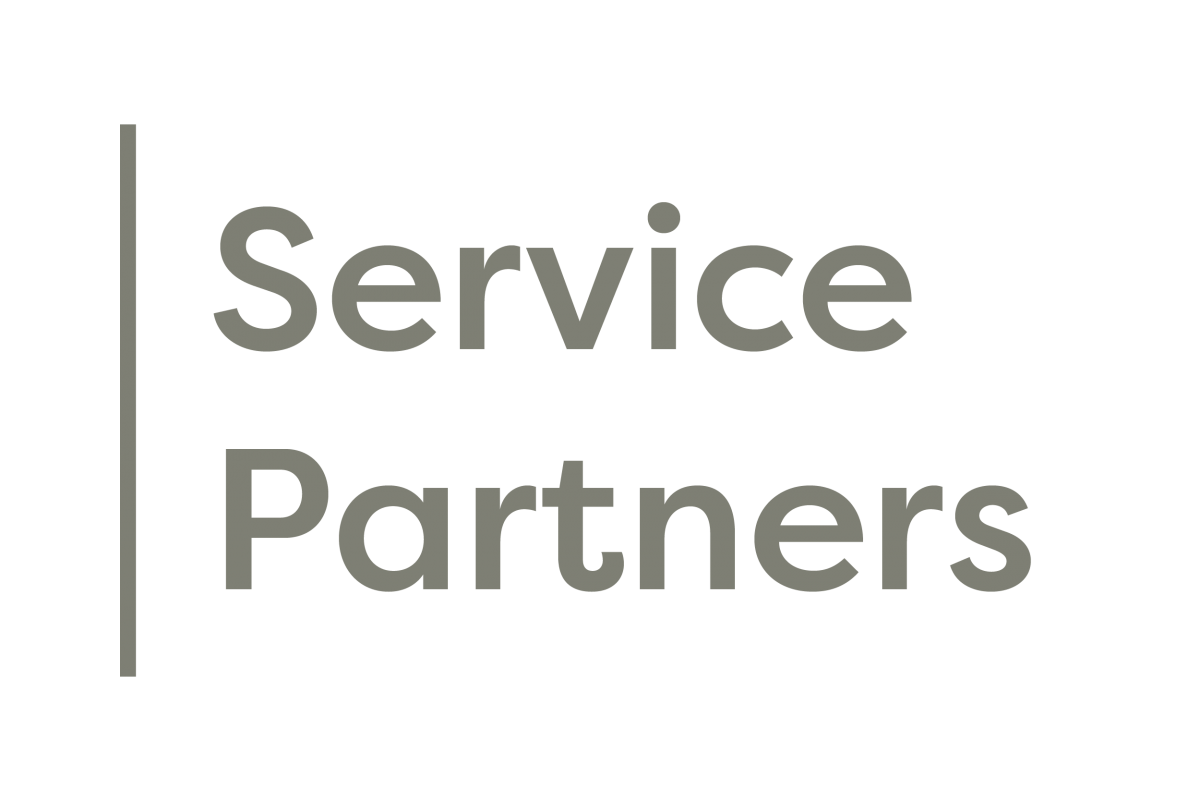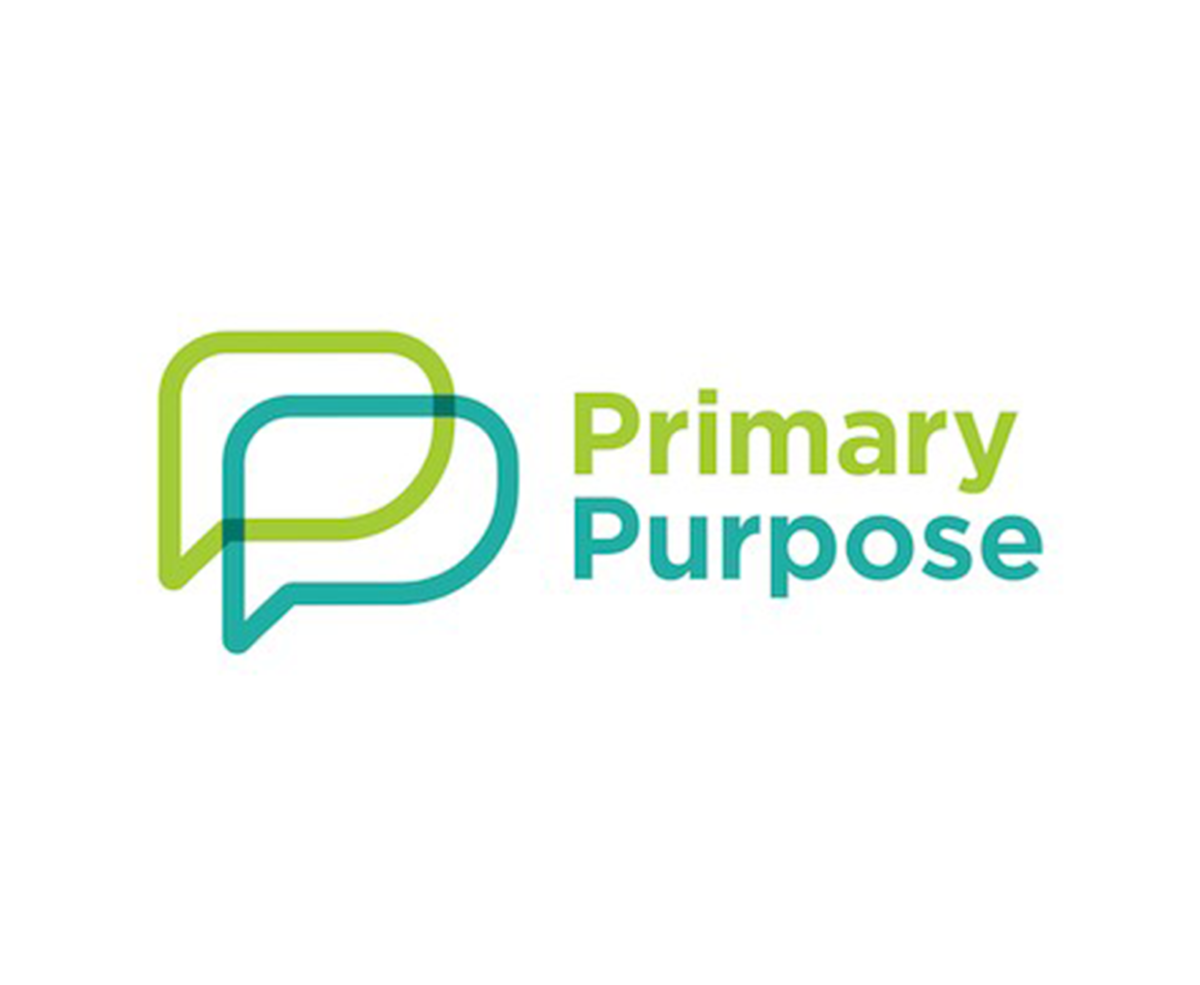If you asked any of the five scholars from this year they will all say the same I’m sure, our preparation was the key to our success not only in our pre CSC travel together but also at the CSC in Des Moines. We must thank the board for three key pieces of personal training they allowed us to undertake. Juliet Maclean, Hamish Gow and Corene Walker all spoke to us at length and we gained a lot from them.
Juliet Maclean, past chairperson of Nuffield New Zealand and Nuffield Scholar was able to not only impart a lot of her knowledge from her own experience but strategies we could use when dealing with other people in situations that always arise in groups. Juliet also spoke with our partners about their expectations and what the 12 – 18 months was probably going to be like and walked us through some of those.
Hamish Gow’s insights into what is in store for us in the year ahead have been invaluable and reassuring. The explanation and classification of the stages of our journey being initially a divergent phase as we explore the world of many agricultural businesses, practices and views on the world. The concept that you can’t solve the issue on day one until you have fully understood and defined the actual problem. The idea and encouragement to keep our topics broad and the skills imparted around reflective thinking really set us apart in keeping an open-minded approach. Often the Kiwi scholars were leading those reflective practices with small groups after various discussions or field trips. “What did you see, what did you hear, what didn’t you see, what weren’t you told?” These skills were touched upon in the CSC but nowhere to the extent that we had from Hamish. New Zealand really cemented those skills prior to the CSC which allowed us to get a lot more out of it than some other countries. This fact we know from the feedback throughout the CSC. As an example we visited a beef farm during the CSC, it was the middle of winter, snow on the ground, muddy and very cold. It wasn’t the best advertisement for feedlotting cattle but it was where we went on the day. A large number of scholars were less than impressed and could see no benefit in the visit. However, the New Zealand contingent saw the potential in simple management decisions such as EID’s for weighing and feeding, regular marketing channels both in and out. Some take homes, cattle can obviously survive outdoors in -25 deg C and its not wrong, just different. Hamish’s advice was always in the back of our minds, “what is the one take home from every visit you go on?”
Corene Walker spent a day with us detailing the science of getting along with people. The first phase being you must know yourself, your strengths, your weaknesses and how you deal with these things. The second phase involves knowing and dealing with other people’s personality traits and the strategies to use these to everyone’s advantage. These soft and yet subtle skills certainly came to the fore at the CSC when faced with 80 strangers. It gave us the confidence not only in self-regulating our own feelings but also recognising the signs within the others in the group.
We also had a range of trade and government briefings prior to departure from New Zealand which helped us greatly. Even in such a short space of time, it is incredible how often people are interested in what goes on within New Zealand and how it is managed politically. Briefings from KPMG, Wakatu Farming, NZTE, MFAT, MPI, Wine NZ, Fonterra, Kiwifruit NZ, Hort NZ, FAR and Beef and Lamb NZ all helped to paint a picture of where New Zealand sits in the world.
The outcome of these meetings was that we left New Zealand as a very tight unit and we were set up well for what we encountered and what we will encounter throughout the year.
As a group, we must acknowledge and thank the Nuffield Board and also the tireless work of Anne Hindson and Lisa Rogers. Our pre-work and our travelling to date have exceeded our expectations and I know we are all very much looking forward to what happens next.


























